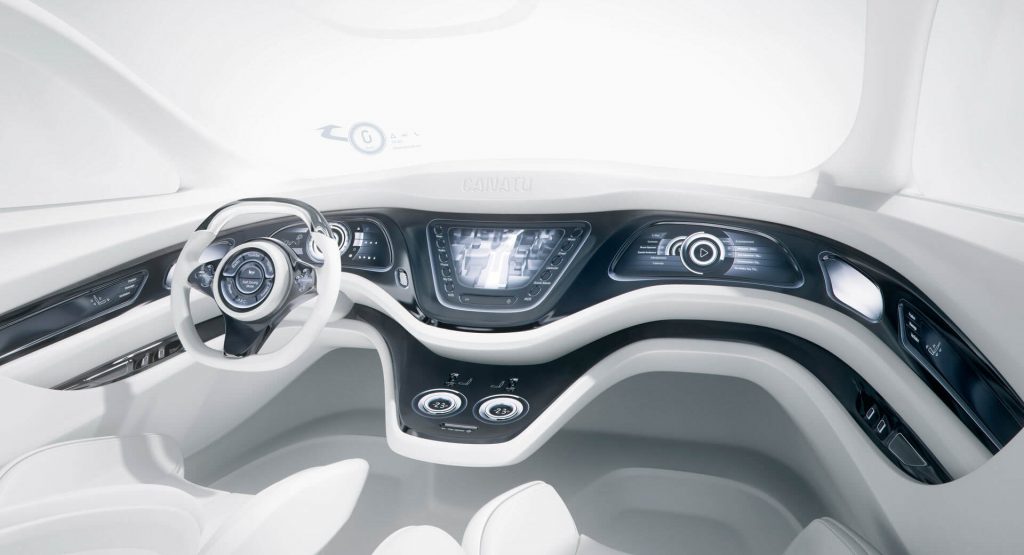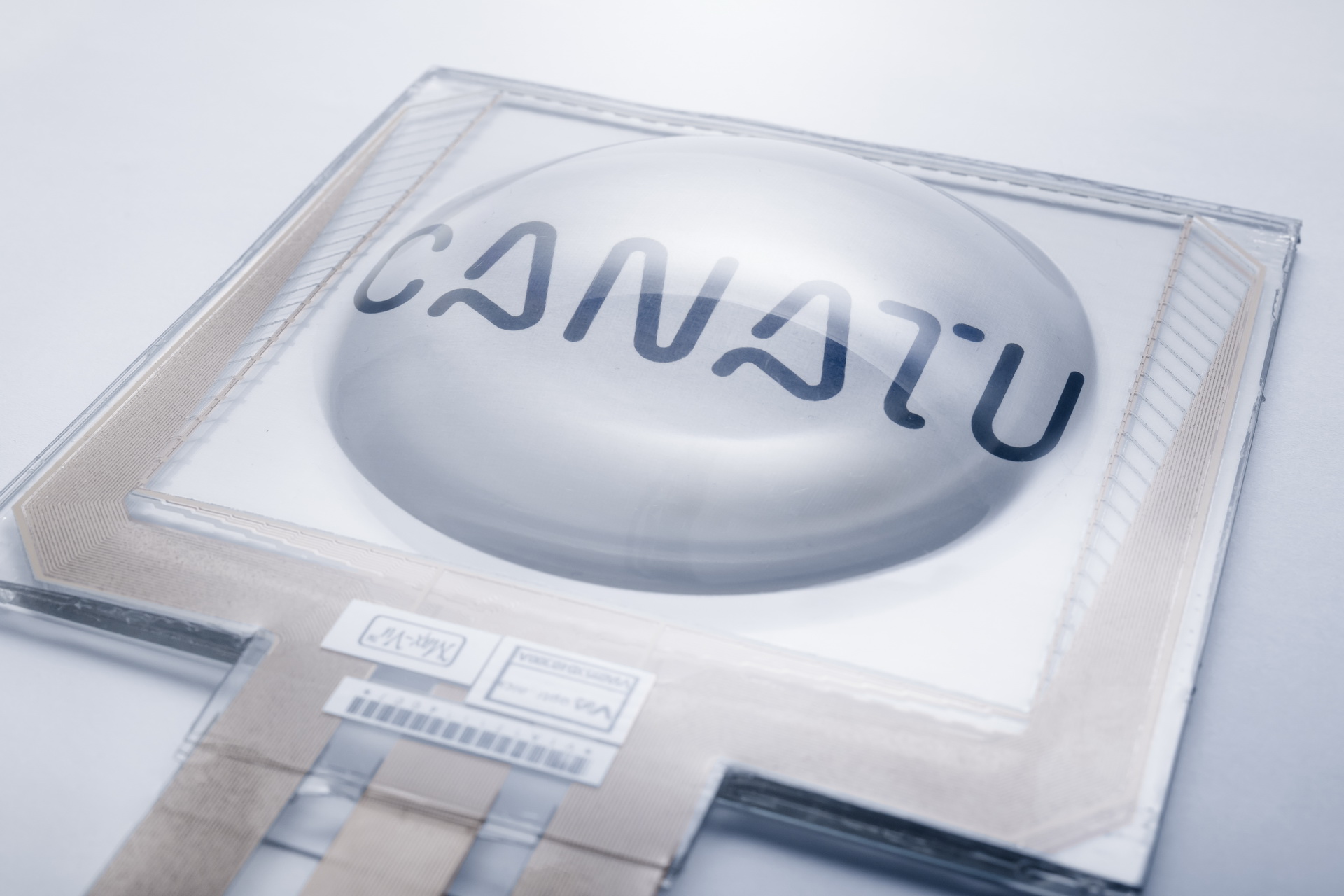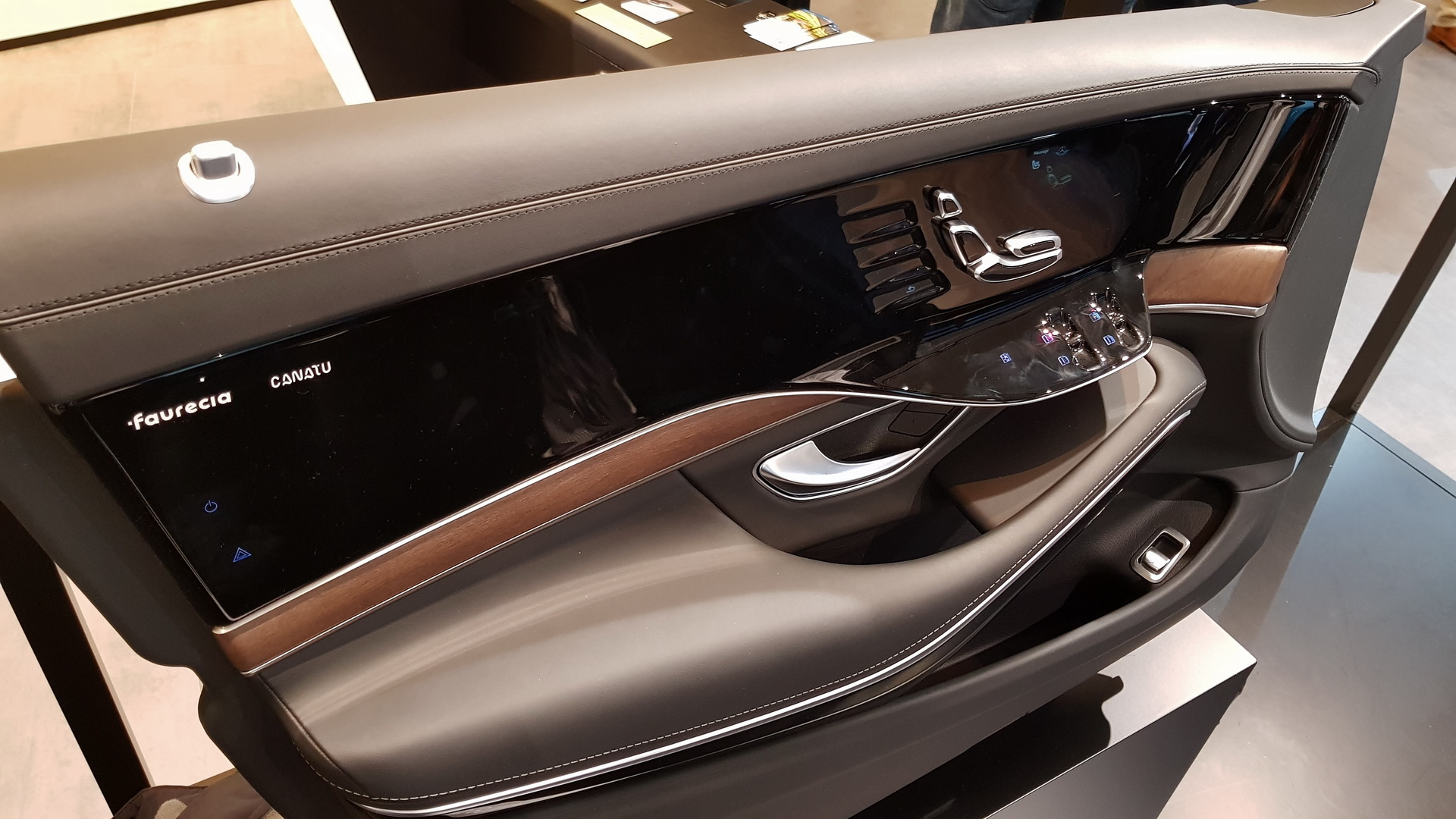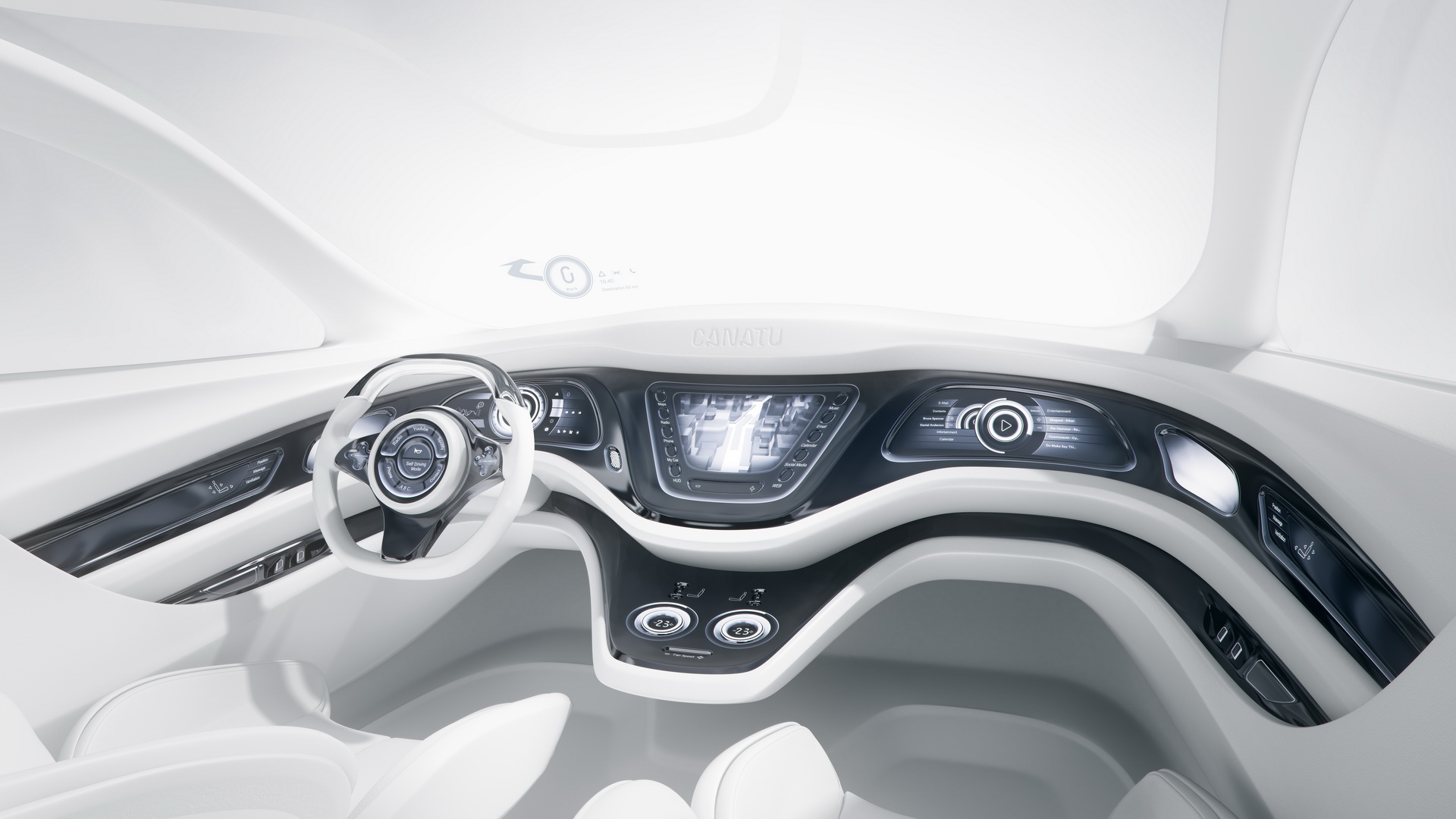Finnish company Canatu thinks that the next-generation of cars should be more ‘intelligent’, which is why they’re looking to make most of the cabin work as smart surfaces.
They plan on doing this by using their proprietary Carbon nanoBud material, which can allegedly be stretched more than 200%, as well as bent and flexed in radii tighter than 1 mm (0.04 inches), according to Automotive News Europe.
Canatu has been in business for 14 years now and some of its solutions are already in production, although the company’s CEO, Juha Kokkonen, couldn’t say which manufacturers will end up using this new tech.
“Our vision is that any surface can be smart,” said Kokkonen, who’s firm already collaborated with German supplier Continental on a 3D touch surface which won an award at this year’s Consumer Electronics Show in Las Vegas.
Another important collaboration for Canatu is the one with Faurecia and Denso, where one Canatu-Faurecia project is with Daimler on a concept door panel with an integrated thermoformed touch sensor display, operating the window and seat functions through the panel that remains black until you need to use it.
The Finnish tech firm is also working to put touch functions into a car’s leather surfaces, whereas another product ensures Lidar sensors don’t fog or ice up. Kokkonen sees this as a key feature, especially since on some EVs, 10% of their energy is used to defrost the windows compared to more conventional solutions.
As for when Canatu is bound to become profitable, its CEO responded said that “Last year, we had more than 30 projects with the automotive industry. But you know it takes three to four years to get a product into a car. I see us being profitable in two years.”






